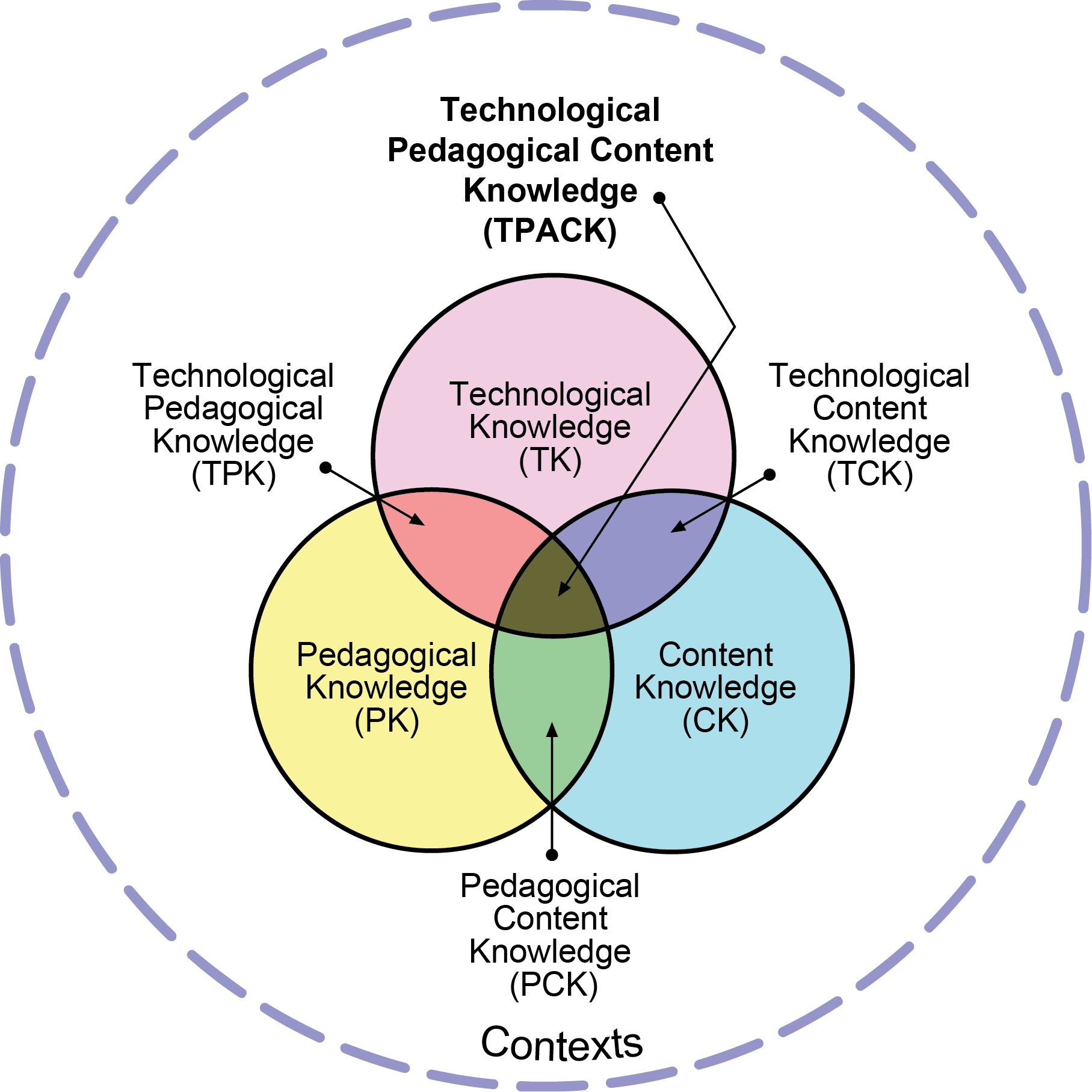When I started working as a graduate student, I was surprised to find out that I really enjoyed my time in the classroom with students. Until that point, it had never occurred to me that this profession could be in my future, and thus I had not taken any courses which could have prepared me for this career path.
For a while, my teaching practice was guided by my own experience as a student – I tried to emulate the instructors whose courses I enjoyed. Some time after I finished my Master’s Degree (in Molecular Biology), I started taking advantage of Professional Development sessions offered by my institution. These sessions tended to focus on specific aspects of teaching (ie. writing good multiple choice questions, writing learning objectives, etc), but by their very nature, they couldn’t provide much in terms of learning theory.
As time went by, this gap in my knowledge became more of a concern to me. After teaching the same courses for several years, I reached the limit of what I could accomplish with the tools/methods I had been using up to that point. I became frustrated with my inability to reach some of my students, and decided to learn more about teaching.
I initially tried turning directly to the literature, but I found that I lacked the theoretical grounding to be able to benefit from it as much as I would have liked.
So I looked into more a more formal approach – I decided to sign up for courses. Initially, I came across a college course which seemed like it would be directly applicable to my situation; a course which introduced me to the concept of Andragogy.
Despite the fact that the course seemed fairly narrowly focused – mostly experiential learning – I felt it was helpful and planned to enroll in the remaining courses in the program. Unfortunately, challenges associated with starting a new job half-way around the world forced me to put that on hold.
For a while, I focused on expanding my knowledge of learning theory through smaller Professional Development sessions like this one dealing with Problem-Based Learning, and online resources like a Coursera course entitled “Learning how to Learn” which introduced me to an Information Processing approach to thinking about learning.
More recently, I decided to return to more formal studies, this time through the MET program at UBC, While a constructivist approach seems to be prevalent in MET courses, I found that some courses, like ETEC 511 and ETEC 512, really helped me expand my Pedagogical Knowledge Domain beyond that. I really appreciated the effort in ETEC 512 to present numerous schools of thought on learning and educational technology, and the different perspectives on educational technology presented in ETEC 511. Having taken them together, I found that they complemented each other quite nicely.
While I did enjoy much of the content presented at the start of ETEC 511, I found some of the later topics to be of less interest to me (I’m sure there were other students who found the opposite to be true), so I chose to focus my major assignments on things that would allow me to develop the knowledge and skills that were of more value to me. In the end, of all the learning experiences, I feel that ETEC 512 allowed me to develop and expand my Pedagogical Knowledge Domain the most.
In fact, at the end of that course, I started working on a checklist for myself which I hope to use to guide the design/preparation of my teaching materials.


